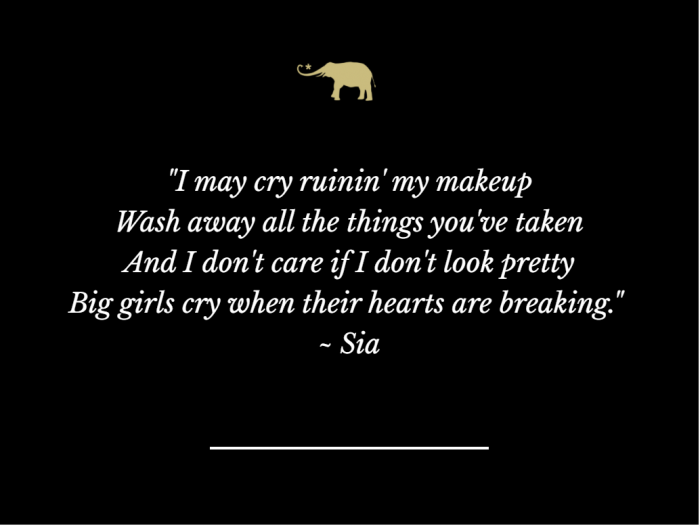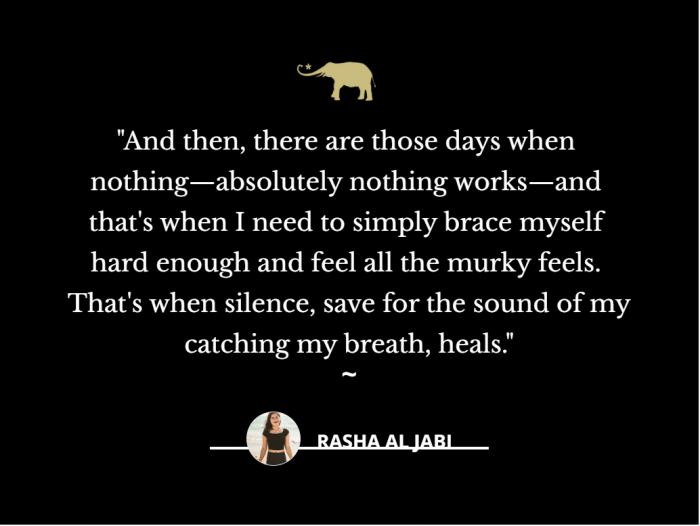~
Yesterday was one of those difficult days when you wake up, and you can instantly feel the murkiness of a long, heavy day.
When grief presses against my chest, leaving me confused, despaired, and exhausted—before my day even starts.
It’s been a year since I relocated to Canada in the middle of an uncertain future: a political and social upheaval, the nonstop anti-vax drama, the troubling news about women’s and young girls’ future in Afghanistan, an unsteady economy in a country where I literally know no one, and learning the tempos of settling into a new place—all whilst spending the first six month of my first year here in complete isolation.
Two days ago, I celebrated my one-year anniversary in the great, white north. To say it’s been one hell of an experience is an understatement. It has challenged the limits of my resilience, to the point where triggers, abreactions, and mental breakdowns in-between work schedules, subway trips, post-workouts, and while sitting in coffee shops on some random, quiet afternoon are common.
Grappling between feeling grateful for the opportunity to start a new life and moderating the wavering triggers of my complex trauma has left me feeling unsteady for the majority of my first year here. That is, until I was able to read about transition grief, and how depression, separation, loss, and isolation are common feelings harbored among people who relocate, whether geographical, familial, or both—especially when they are already dragging the the weight of their own baggage along with them.
Throw in a global pandemic, a year-long lockdown where we’re forced to listen to our thoughts and feel the sensations of our bodies with no distractions to channel them, and there you have an environment, festering with seeds of either transformation or breakdown, or sometimes both.
The other day, I came across an image of a person online who seemed to resemble what a loving, kind, and caring father figure could look and be like, and it was all the permission I needed to sob. It was the right trigger to remind me of my unresolved father wound, and how, from a young age, I had to put on my big girls’ pants, even when I felt (and was) small. I still do not know who the hell that person was.
Grief feels like a wild, incomprehensible horse. And lately, it seems to be a frequent visitor who enters my door without permission, without knocking, at any time of the day. I am still learning how to ride the waves of my grief, like a clumsy, unskillful surfer, who has found herself suddenly thrown into an unsteady, unpredictable ocean.
On most days, I know I just need to allow myself to carry on my the routines of my day: fix my bed, make breakfast, do the dishes, work, take short breaks, prepare food for tomorrow, and catch up on my online courses. But on other days, the energy of my grief feels like an inner volcano on the verge of eruption, and that’s when I’d put on my headphones and stomp my feet against the asphalt, or spar against a stronger opponent in Brazilian Jiu Jitsu.
And then, there are those days when nothing—absolutely nothing works—and that’s when I need to simply brace myself hard enough and feel all the murky feels. That’s when silence, save for the sound of my catching my breath, heals.
When all fails and nothing works, I allow myself a long, good cry, a loving-kindness practice, and a reminder that even the most resilient people on Earth feel broken, shattered, and insane. Period.
When all fails, I learned to remind myself, in Sia’s own words, that even “Big Girls Cry.”
On days when life fails you, as it occasionally will, I hope this song gives you the same validation it has given me.
I hope it serves as a reminder that no matter our age, resilience, status, beauty, achievements, or initials carved after our last name, we are allowed to sob each time we feel the injustice of the world dragging us down.
I hope you find the love, compassion, softness, and space to give your “big girl” permission to cry.
~













Read 13 comments and reply